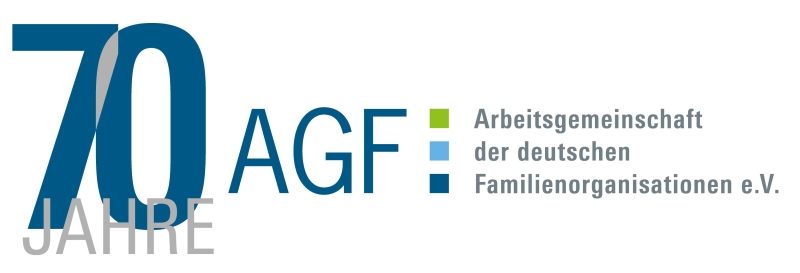[8. 5. 2018] The family organisations ask the members of the federal cabinet to rework the draft law on the subsequent immigration of refugee families and not to agree on the restriction of reunification. Instead of juggling with abstract numbers on the back of the families, Germany should help to protect families from crises areas and war zones.
„The ruling parties have strongly stressed that the support of families will be of high priority in this coming legislative term”, the chair of the association of German family organisations, Stefan Becker, summarizes. “Now, in one of their first draft laws they prove the opposite by denying a normal family life for a large part of refugee families.”
The family organisations are highly concerned about the current proposals on the reunification possibilities for refugees with subsidiary protection. The draft law will mean another substantial limitation of family reunification for them, only allowing exceptions for humanitarian reasons.
The organisations emphasize, that the separation of spouses and families for a long period of time is not acceptable: For good reasons the German constitution as well as the European convention on human rights protect the family cohabitation as a fundamental part of the family life – also for refugee families.
The family organisations are also worried about the increasing use of the argument, that a presumed border of “integration capacities” is already reached: this argument is misleading, because it is the reunification of the core family that contributes particularly to a successful integration by encouraging people and release them of the permanent fear for the lifes of their family members.
“Instead of using unrealistic high numbers of family immigration and terms like “poor integration abilities” for fueling unjustified fears the government should provide a clear christian-humanitarian signal and show that Germany is a strong country, an open society and a democracy that is aware of its responsibility for the human rights and the protection of the family”, Stefan Becker emphasizes.
